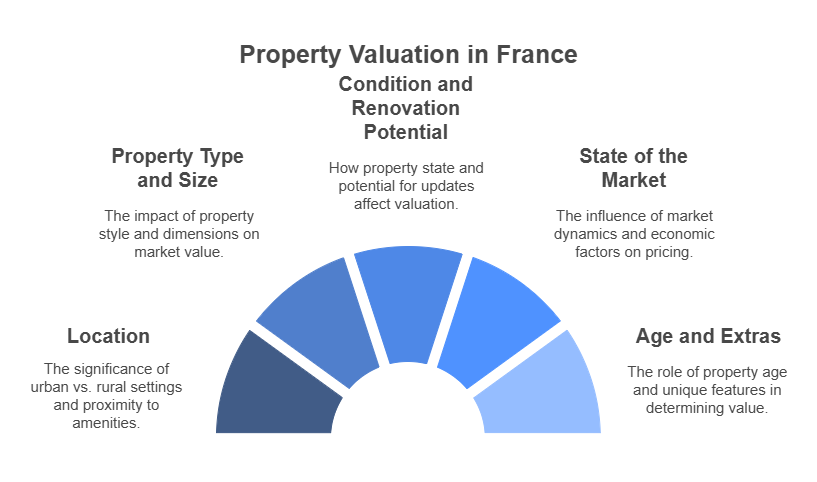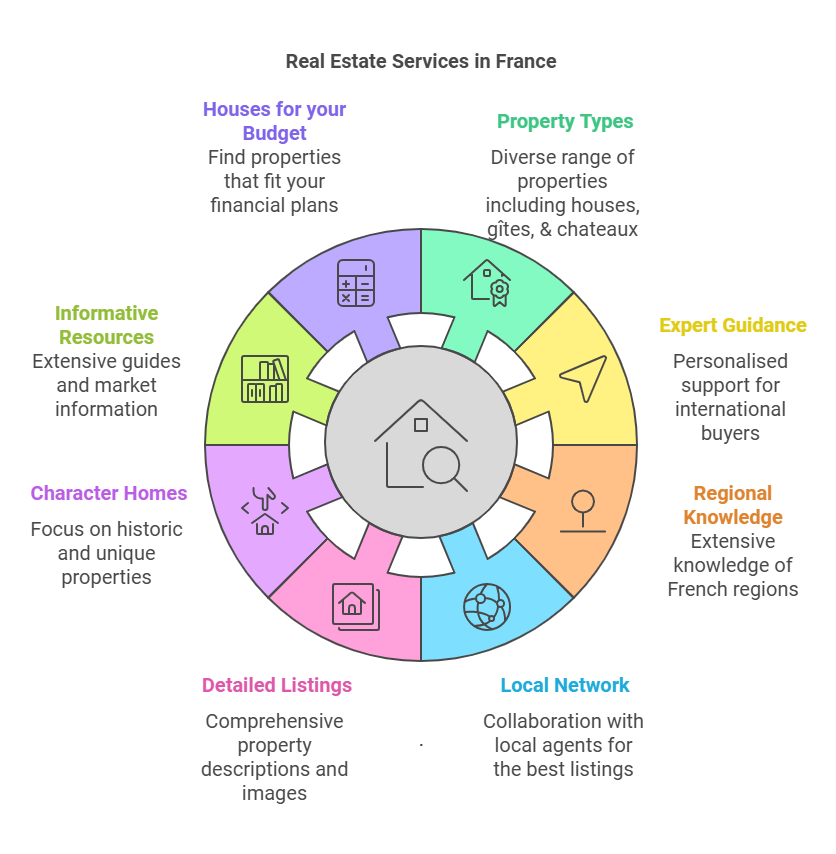Understanding The ‘Obligation Légale de Débroussaillement’ (OLD)
Buying a property in the beautiful French countryside is a dream for many, but it’s important to be aware of the local regulations. One key aspect, particularly if your property borders woodland or is surrounded by vegetation, is the "Obligation Légale de Débroussaillement", often referred to as the ‘OLD’ or Deforestation Obligation.
Essentially, the OLD is a French law that requires landowners to clear and maintain the vegetation around their property. This isn’t just about aesthetics; it’s a crucial fire prevention measure designed to protect properties and people from wildfires, which sadly, can be a serious risk in some regions of France during the summer months.
Why Does the OLD Exist?
France experiences wildfires, and these can spread rapidly through dense vegetation. By requiring property owners to clear the area around their buildings, the OLD creates a fire break and makes it far more difficult for flames to reach and damage homes.
Who is Affected by the OLD?
The OLD primarily applies to properties in areas deemed to be at risk of wildfires, often around forests, scrubland, and other types of dense vegetation. It’s very common in rural locations, or those bordering woodland. If your property falls under this category, then you will be legally required to maintain and clear vegetation, known as ‘débroussailler’.
What Does "Débroussailler" Actually Mean?
"Débroussailler" involves more than simply cutting the grass and pulling out a few weeds! It refers to:
- Clearing undergrowth: Removing dead leaves, branches, and dry vegetation that can easily catch fire.
- Pruning trees and shrubs: Removing lower branches to prevent fires from easily climbing to the tree canopy.
- Maintaining a safe distance: Ensuring that the vegetation doesn’t encroach upon your house, garages, swimming pool etc. There are often regulations detailing the specific distances required.
- Regular upkeep: You must maintain the land throughout the year, not just before the summer season.
Key Considerations:
- Specific Regulations Vary: The exact requirements of the OLD can vary slightly depending on your location in France. Local town halls (Mairie) will have details of the specific distances required, and any additional rules that apply in your area.
- Georisques Website: You can use the French government website: https://www.georisques.gouv.fr/ as a starting point to understand risks in the area you are interested in, however this will not give detailed local information.
- Professional Help: You can hire professionals to carry out the work to ensure it’s done correctly.
- Penalties for Non-Compliance: Failing to comply with the OLD can result in fines and you may become liable should fire damage occur, should you have not adequately cleared the land.
Frequently Asked Questions About the OLD
No. The OLD applies mainly to properties situated in areas deemed to be at risk of wildfires, often those near forests, scrubland, and other dense vegetation. It doesn’t necessarily affect every property in France.
The best place to check is with the local town hall (Mairie). They will have details of designated areas and the specific regulations that apply. You can also consult the georisques website however it does not provide local information. We can of course help you with this information.
Non-compliance can result in fines, and potentially liability for damages caused by fire if it is discovered that you have not correctly cleared the land.
It’s more than just mowing the lawn! It involves removing undergrowth, pruning trees, clearing away debris and keeping a safe distance between trees and buildings. The precise distance will depend on your local regulations.
Yes, absolutely. Many professionals offer this service, and they should be familiar with the requirements.
The OLD is an ongoing obligation. Vegetation will constantly regrow, so you need to keep on top of it all year round, not just before the summer.
Town & Country Property France is Here to Help
We understand that navigating French property laws can be daunting, especially if it is your first time. Our team is dedicated to helping you with every aspect of buying a property in France, including making sure you understand your obligations.

